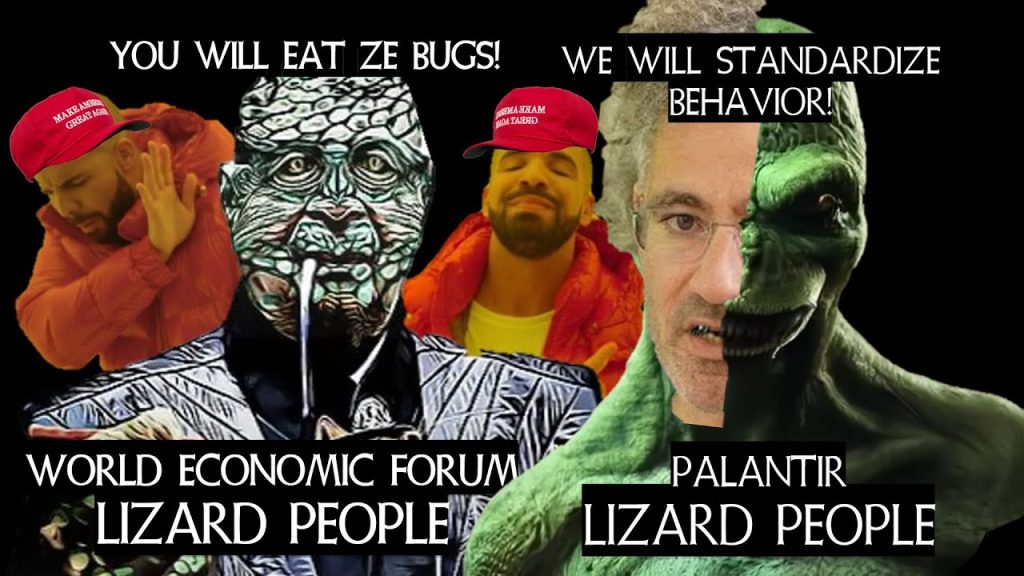The title of the video, “MAGA Doublethink: World Economic Forum are evil, PALANTIR are our friends,” encapsulates a striking dichotomy often observed in contemporary political discourse, particularly among right-wing populist circles in the United States. This juxtaposition suggests a deeper exploration of the ideological struggle within the MAGA movement concerning globalism, technology, and surveillance.
The World Economic Forum (WEF), known for its annual meetings in Davos, Switzerland, has frequently been criticized by conservative factions. Accusations of advocating for unchecked globalism and elitist agendas permeate MAGA rhetoric, which posits the WEF as a symbol of corporate and political collusion aimed at undermining national sovereignty. Many in the MAGA camp rally against the WEF’s proposed policies on climate change, economic restructuring, and governance reforms, perceiving them as a direct threat to America’s traditional values and economic independence.
In stark contrast, PALANTIR Technologies, a private software company specializing in big data analytics, has garnered support from some of the same factions. Founded with ties to former Trump administration officials, PALANTIR’s technology is often touted for its potential to enhance national security and streamline government operations. Supporters argue that the company’s ability to sift through large datasets to identify threats serves as a critical modern tool for law enforcement and military operations, positioning PALANTIR as a “friend” against perceived global threats.
This contradiction raises questions about the self-contained narrative of the MAGA movement, suggesting a form of “doublethink,” where individuals may hold two contradictory beliefs simultaneously — in this case, vilifying overarching global institutions while embracing a company whose practices heavily rely on data collection, which can raise serious privacy concerns. This phenomenon reveals a broader tension within conservative ideologies concerning technology’s role in society and governance. As the political landscape continues to evolve, the challenge will be understanding how these conflicting principles shape the actions and beliefs of MAGA supporters moving forward.
Ultimately, the dichotomy represented in this video title reflects not only the complexities of modern political identity but also the intricate ways in which technology, globalization, and nationalism intersect in an increasingly digital world. As political factions navigate these issues, the conversation will inevitably shift, challenging existing paradigms and reshaping the future of political dialogue.



